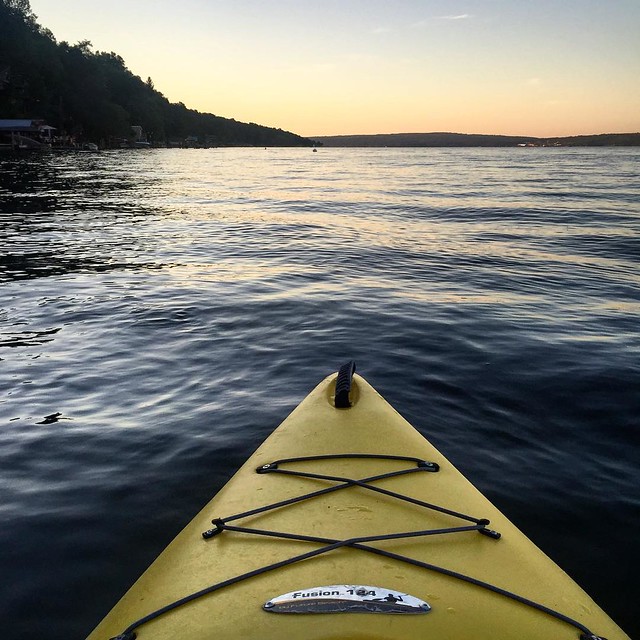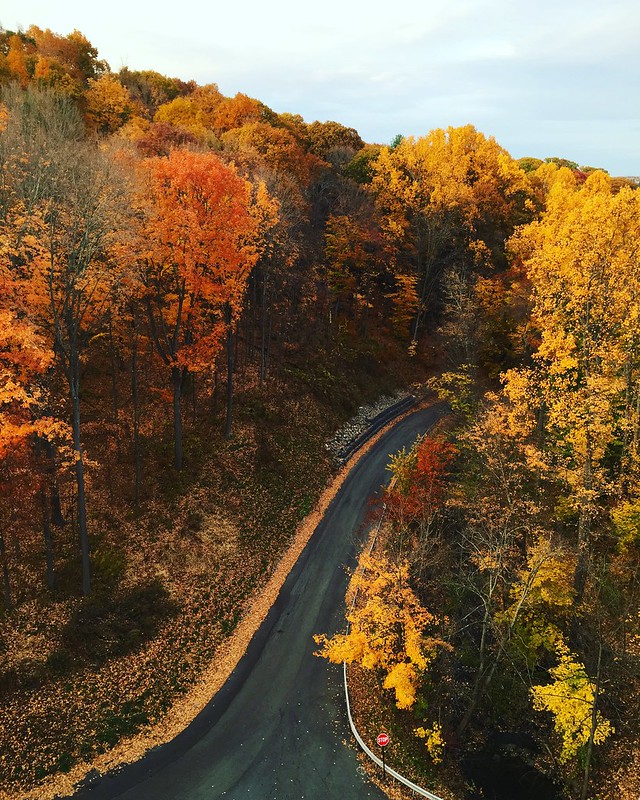Transitioning from one job, home, or place to another always involves some level of trickiness. Whether it's figuring out airport information in a foreign language, re-establishing a new set of friends and support structures in a new neighborhood, or learning the ins and outs of a different working role, there are always a good amount of unknowns that come with transitions of any kind. These unknowns throw us outside of our comfort zone, put everything we are familiar with into question, and force us to spend a certain amount of time navigating in the dark until we feel like we have enough understanding to operate in some sense of lightness again.

So far, I've been through....
16 Moves in 35 Years
14 Jobs over 20 Years (12 in the first 10 years to find one I loved)
16 Countries navigated in 10 Years
When I look at how many transitions I've gone through, it's amazing how much of my life has been spent simply trying to figure out where I am and what I'm doing. Just as soon as I think I'm getting a good feel for things, something changes!
Through these changes, I kept wanting a feeling of being settled over and over again- to have a firm grounding and understanding of what it meant to be in one place for a considerable amount of time. It took me over 30 years of transitions to finally realize it would be more useful to learn how to deal with change and transition, than to keep wishing and hoping things would settle down or remain the same. Even something as old and sturdy as a mountain changes from year to year. A couple years ago I officially said goodbye to seeking a feeling of being "settled" in order to better embrace "going with the flow."

I've seen a lot of people go through big transitions over the last year, and I recognize the feelings of difficulty and unease that come with the unknowns around the corner. These unknowns stir a fight-or-flight stress response that we naturally use to create a sense of control over our environment, but that feeling also creates resistance when it comes to dealing with change productively. As a basic form of protection, we naturally fear what we do not know. It raises our blood pressure, heightens our anxiety, and keeps us on high alert. Once you understand that these feelings are all very natural and expected parts of change, the mind can embrace them and work with them as part of the expected response to the situation, rather than worrying in anxiety about these natural stress responses.
While experiencing transitions, I've discovered things that can become anchors and satisfy that biological need for safety and control. Even something as small and basic as self-care routines each day can become grounding rituals that help us feel more secure. Making sure we get enough sleep, even if it means going to bed early or having ear plugs to drown out the sounds of a new environment. Turning off our phone and computer by a set time to help our mind wind down away from news or events we do not have control over, so we can focus on the safety of our immediate environment instead. Writing out a mind dump at the end of each day to help us clear our mind and be more organized the next day or meditation/prayer/deep breathing for relaxation.

If you find it easier to control your morning routine, start there instead. My evenings may be less than predictable, but if I can start the day off right, than I feel more prepared to take on the uncertainties ahead. Simply making sure that we always have breakfast on hand signals our body that we do not need to spend our time hunting for food all day- it also helps us be prepared even if we're unsure of when or if we'll be able to stop for lunch. We can make it easier by preparing our coffee the night before, or making sure we have the ingredients we need at night we don't try to start our day feeling unfulfilled. Even when I couldn't count on anything else in my environment to be consistent, if I could just get up and have a cup of coffee or tea and something small to eat- I felt like I could handle whatever unexpected experience I was going to encounter the rest of the day.
By creating small routines that give us comfort and fulfillment at the start and end of each day, we create a grounding that allows us to handle heightened levels of uncertainty elsewhere in our lives and helps us stabilize more easily over quickly sifting sands. When you can't count on anything in your environment to be the same from one day to the next, you can at least count on your ability to take control of how you start and end your day- and from there, so many more things are possible.
I'm grateful that all of the transitions in my life had led to so much adventure and fulfillment, even if they came with the stress of uncertainties. I'm also grateful that part of experiencing so many transitions has taught me how to deal with change more gracefully. Hopefully these experiences can benefit you as well!
{If you appreciated this post, please join me in my journey to have a greater positive impact on the world by writing YOUR OWN GRATITUDE JOURNAL and sharing it or a link to it in the comments below. I would love to read your moments of gratitude and share them with others!}

So far, I've been through....
16 Moves in 35 Years
14 Jobs over 20 Years (12 in the first 10 years to find one I loved)
16 Countries navigated in 10 Years
When I look at how many transitions I've gone through, it's amazing how much of my life has been spent simply trying to figure out where I am and what I'm doing. Just as soon as I think I'm getting a good feel for things, something changes!
Through these changes, I kept wanting a feeling of being settled over and over again- to have a firm grounding and understanding of what it meant to be in one place for a considerable amount of time. It took me over 30 years of transitions to finally realize it would be more useful to learn how to deal with change and transition, than to keep wishing and hoping things would settle down or remain the same. Even something as old and sturdy as a mountain changes from year to year. A couple years ago I officially said goodbye to seeking a feeling of being "settled" in order to better embrace "going with the flow."

I've seen a lot of people go through big transitions over the last year, and I recognize the feelings of difficulty and unease that come with the unknowns around the corner. These unknowns stir a fight-or-flight stress response that we naturally use to create a sense of control over our environment, but that feeling also creates resistance when it comes to dealing with change productively. As a basic form of protection, we naturally fear what we do not know. It raises our blood pressure, heightens our anxiety, and keeps us on high alert. Once you understand that these feelings are all very natural and expected parts of change, the mind can embrace them and work with them as part of the expected response to the situation, rather than worrying in anxiety about these natural stress responses.
While experiencing transitions, I've discovered things that can become anchors and satisfy that biological need for safety and control. Even something as small and basic as self-care routines each day can become grounding rituals that help us feel more secure. Making sure we get enough sleep, even if it means going to bed early or having ear plugs to drown out the sounds of a new environment. Turning off our phone and computer by a set time to help our mind wind down away from news or events we do not have control over, so we can focus on the safety of our immediate environment instead. Writing out a mind dump at the end of each day to help us clear our mind and be more organized the next day or meditation/prayer/deep breathing for relaxation.

If you find it easier to control your morning routine, start there instead. My evenings may be less than predictable, but if I can start the day off right, than I feel more prepared to take on the uncertainties ahead. Simply making sure that we always have breakfast on hand signals our body that we do not need to spend our time hunting for food all day- it also helps us be prepared even if we're unsure of when or if we'll be able to stop for lunch. We can make it easier by preparing our coffee the night before, or making sure we have the ingredients we need at night we don't try to start our day feeling unfulfilled. Even when I couldn't count on anything else in my environment to be consistent, if I could just get up and have a cup of coffee or tea and something small to eat- I felt like I could handle whatever unexpected experience I was going to encounter the rest of the day.
By creating small routines that give us comfort and fulfillment at the start and end of each day, we create a grounding that allows us to handle heightened levels of uncertainty elsewhere in our lives and helps us stabilize more easily over quickly sifting sands. When you can't count on anything in your environment to be the same from one day to the next, you can at least count on your ability to take control of how you start and end your day- and from there, so many more things are possible.
I'm grateful that all of the transitions in my life had led to so much adventure and fulfillment, even if they came with the stress of uncertainties. I'm also grateful that part of experiencing so many transitions has taught me how to deal with change more gracefully. Hopefully these experiences can benefit you as well!
{If you appreciated this post, please join me in my journey to have a greater positive impact on the world by writing YOUR OWN GRATITUDE JOURNAL and sharing it or a link to it in the comments below. I would love to read your moments of gratitude and share them with others!}

No comments:
Post a Comment